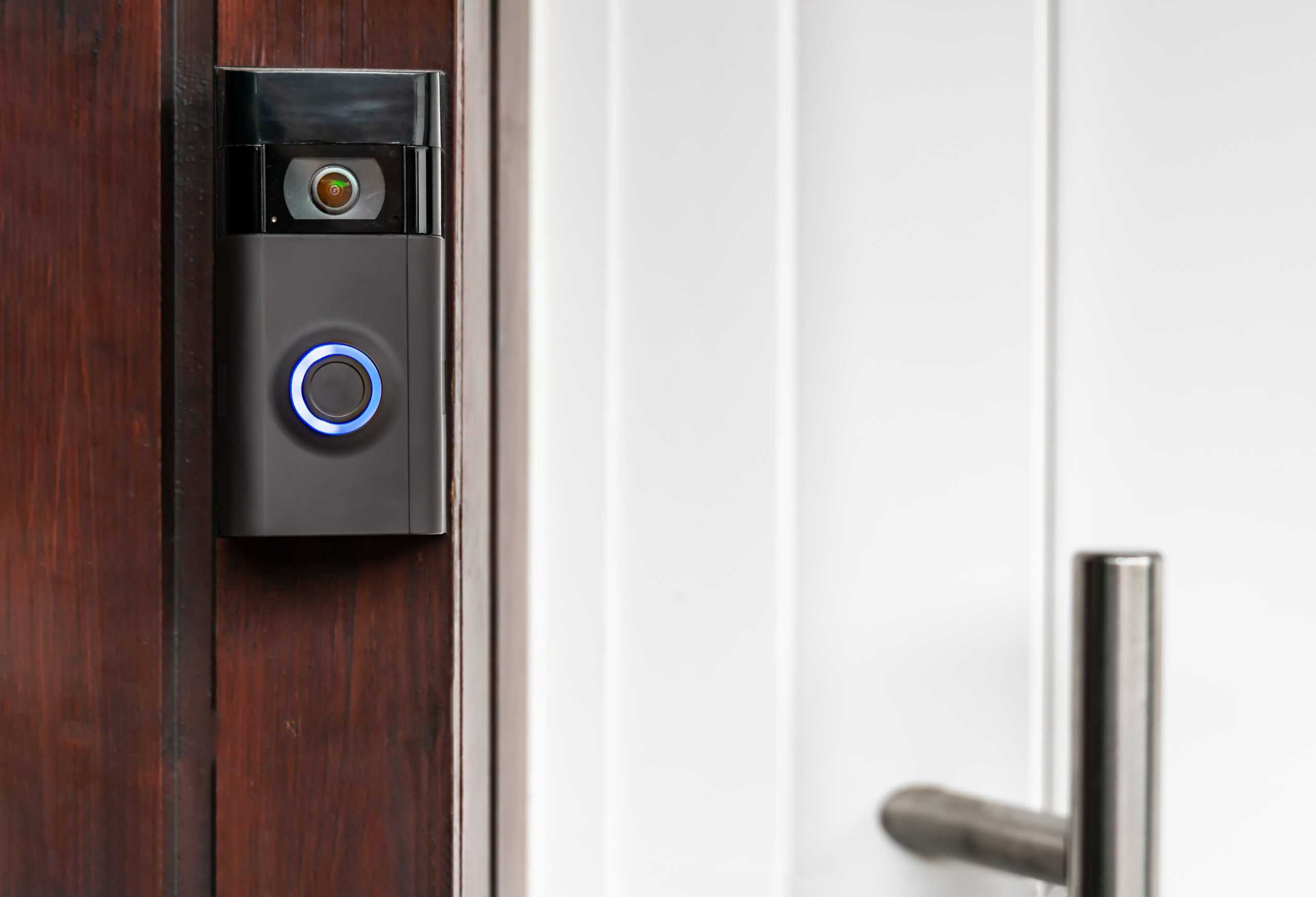COVID-19 and high interest in home improvement have been forces buoying the smart home industry, with nearly half of US consumers reporting ownership of some type of smart home device, according to Interpret’s data. Factors leading to significant sales growth of smart home devices include increased awareness of the benefits of these products, combined with aggressive pricing and improved design of hardware and software.
“The use of AI in smart home products is the game changer,” said Stuart Sikes, Interpret SVP. “The sophisticated functionality of products at amazingly low prices make them a must have for many homes.”
Examples of AI include the use of audio detection technology in smart hubs such as Hive (not available in the US), enabling a smart home security system to alert homeowners of sounds of broken glass, smoke alerts, or a distressed pet; facial recognition technology used in products including Nest Cam IQ and Ooma Smart Camera, which determine if movement outside of the door is a person, animal, or shadow; and Abode’s Cue Automation Engine, which develops and suggests automations of tasks in the home based on past actions of homeowners.
Interpret’s research finds that owners highly value these AI-based features, which have generated a positive feedback loop with manufacturers. Over 80% of owners of smart cameras rate video and audio analytics as very important in their purchase decision, making it likely that companies in the space will continue to invest in advanced AI-based features to further differentiate and innovate.
Interpret’s recent report, Artificial Intelligence and Smart Home 3.0 explores how AI is being applied to the primary smart home use cases of home automation, home security, energy management, aging-in-place, and smart cooking. For more information, visit our website.




